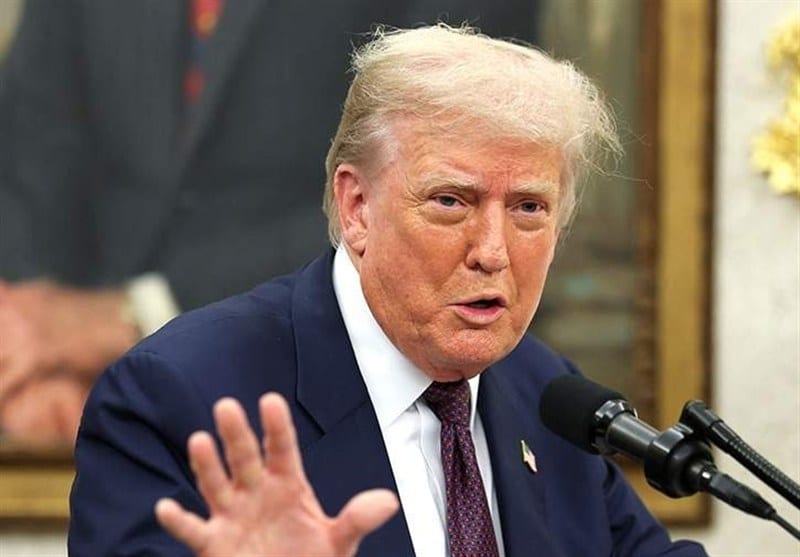Trump’s Totalitarianism and America’s Move Towards a One-Man Police System.
In August 2025, President Trump took the unprecedented step of federalizing local police and deploying the National Guard to the capital by declaring a “crime emergency” in Washington, D.C.
This action, which he said was necessary to combat crime, was taken while official statistics from the Metropolitan Police Department in D.C. showed that violent crime in the city had not changed compared to the past.
During his second term as president (since January 2025), US President Donald Trump has taken steps that demonstrate a desire for totalitarianism and the concentration of power in his own hands and the weakening of democratic institutions.
1. Police Control and Expanded Surveillance: Power in the Mask of Security
In August 2025, Trump announced that due to a “crime emergency” in Washington, D.C., the US capital, he would place local police under federal control and deploy National Guard troops – a kind of domestic military force – on the streets. He also brought in federal agencies like the Federal Bureau of Investigation (FBI) and Immigration and Customs Enforcement (ICE).
This allowed the federal government to use sophisticated surveillance tools that are typically used in foreign wars.
For example, during the 2020 protests, spy planes and military drones were used to monitor Washington, D.C. Devices called “dirtboxes” and “stingrays” were also used to collect phone calls and data from citizens without legal authorization. These tools were originally designed to track anti-American groups in the Middle East, but are now being used against ordinary people in the United States.
In addition, new technologies based on artificial intelligence have made surveillance even more widespread. Tools that can collect personal information from social media and public cameras based on a name or email address are available to security agencies.
Facial recognition technology, used at airports and by immigration agents, is sometimes inaccurate and has been particularly problematic for black people; there have been reports of several people being wrongly arrested because of the technology’s flaws.
An executive order in March 2025 also removed legal barriers to sharing citizen data between government agencies and allowed private companies to more easily analyze that data. The measures, taken without oversight by local agencies or citizen councils, have increased the president’s power to control people’s daily lives and are a sign of a centralized, authoritarian system.

